CppCon 2022 How Microsoft Uses C++ to Deliver Office - Huge Size, Small Components -- Zachary Henkel
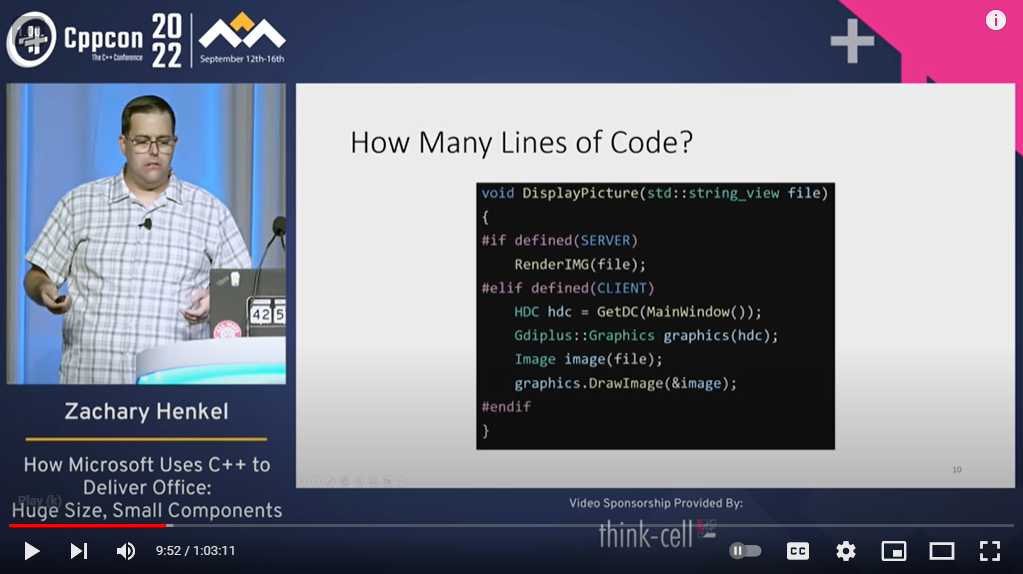 Registration is now open for CppCon 2023! The conference starts on October 1 and will be held in person in Aurora, CO. To whet your appetite for this year’s conference, we’re posting videos of some of the top-rated talks from last year's conference. Here’s another CppCon talk video we hope you will enjoy – and why not register today for CppCon 2023!
Registration is now open for CppCon 2023! The conference starts on October 1 and will be held in person in Aurora, CO. To whet your appetite for this year’s conference, we’re posting videos of some of the top-rated talks from last year's conference. Here’s another CppCon talk video we hope you will enjoy – and why not register today for CppCon 2023!
How Microsoft Uses C++ to Deliver Office - Huge Size, Small Components
by Zachary Henkel
Summary of the talk:
Office is one of the largest and longest-lived C++ codebases in the world. Over 40 years Office has evolved from a single application written in C for DOS to a product containing over 100M lines of C++ code targeting more than a dozen platforms. What are the implications of growing to this size and what sort of engineering is required? In this talk I’ll give a glimpse behind the curtain on the C++ engineering and architecture in Office. In addition to sharing some details on the scale of Office, I’ll describe the design and coding standards used to create well-factored components that we have termed liblets.

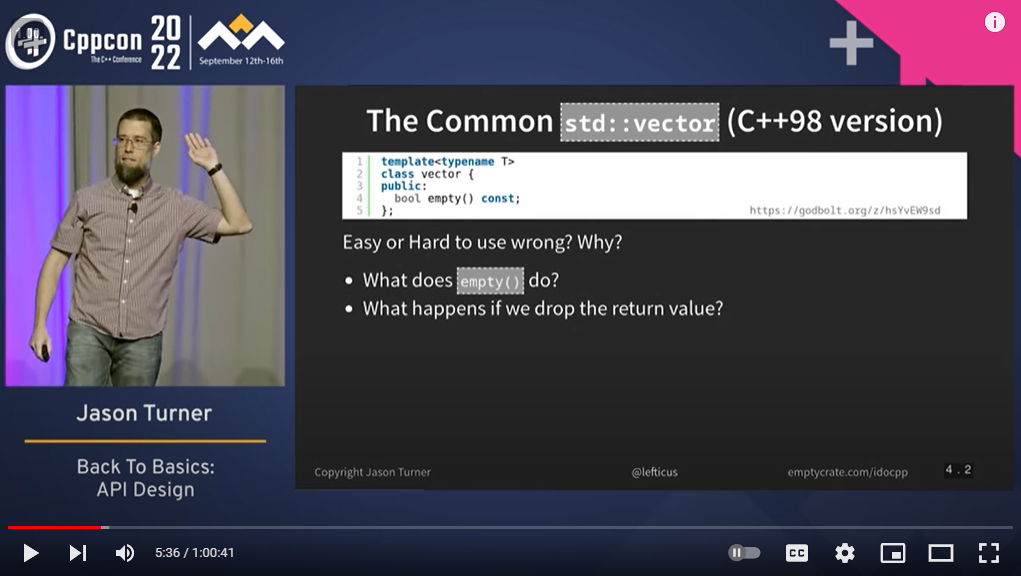 Registration is now open for CppCon 2023! The conference starts on October 1 and will be held
Registration is now open for CppCon 2023! The conference starts on October 1 and will be held 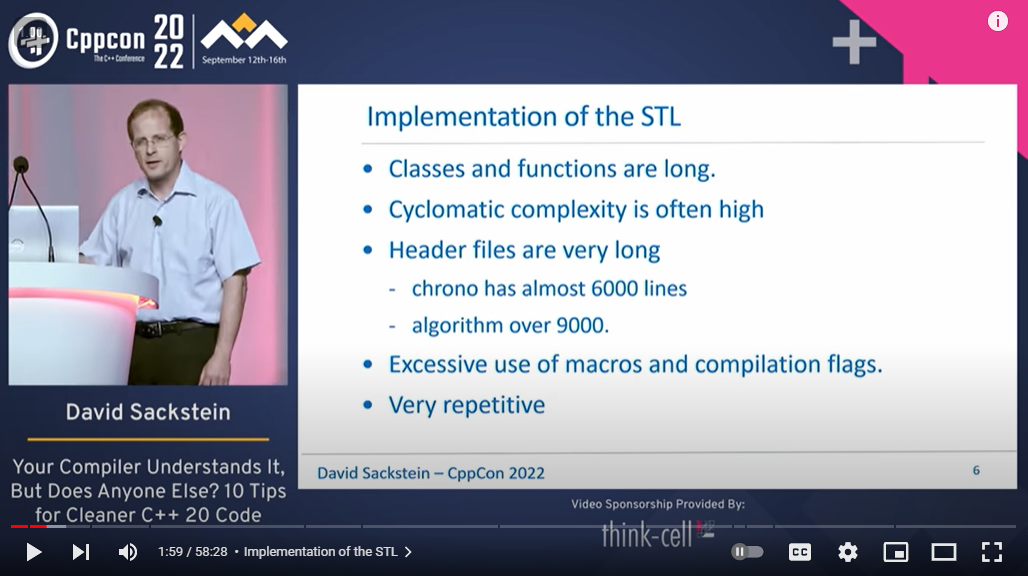 Registration is now open for CppCon 2023! The conference starts on October 1 and will be held
Registration is now open for CppCon 2023! The conference starts on October 1 and will be held 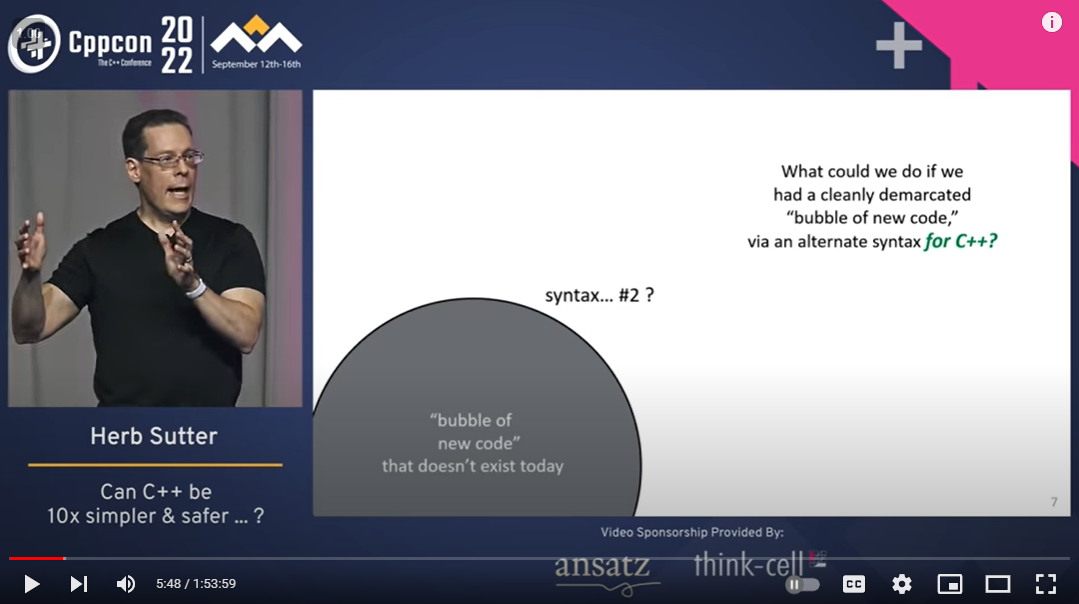 Registration is now open for CppCon 2023! The conference starts on October 1 and will be held
Registration is now open for CppCon 2023! The conference starts on October 1 and will be held 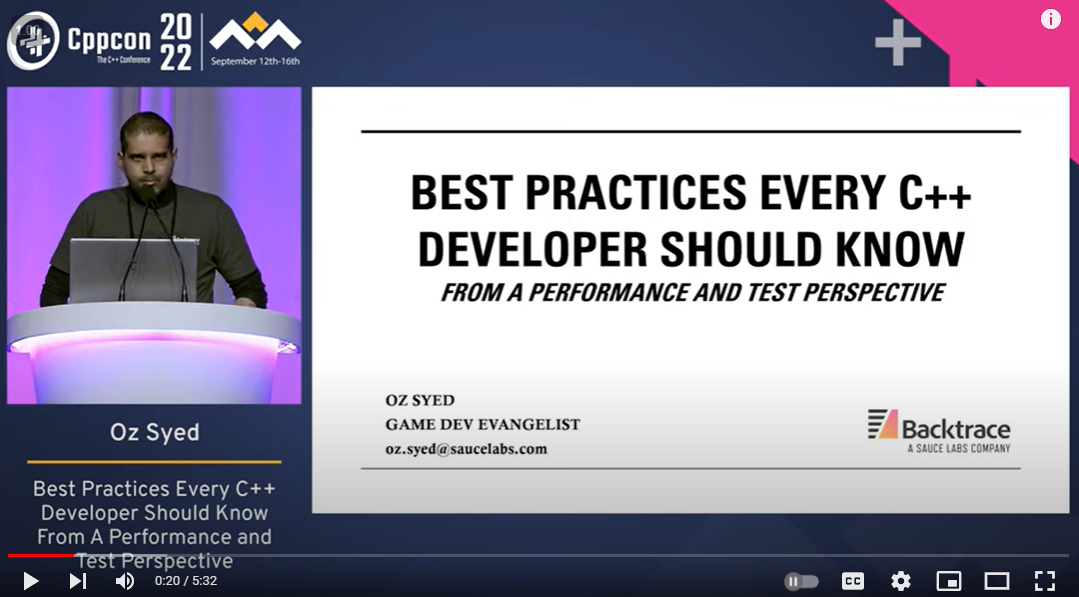 Registration is now open for CppCon 2023! The conference starts on October 1 and will be held
Registration is now open for CppCon 2023! The conference starts on October 1 and will be held 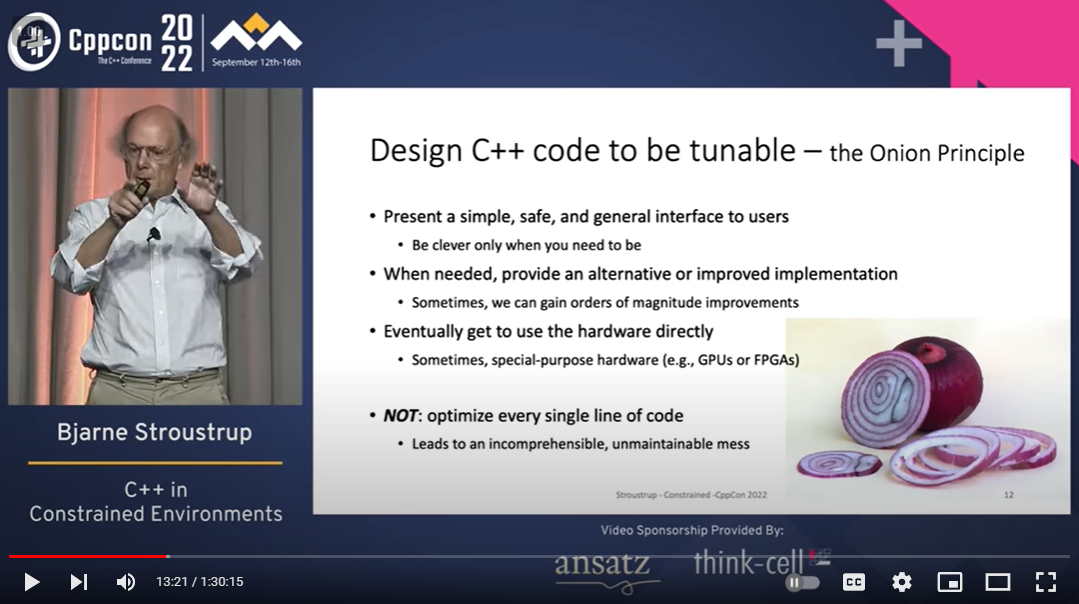 Registration is now open for CppCon 2023! The conference starts on October 1 and will be held
Registration is now open for CppCon 2023! The conference starts on October 1 and will be held 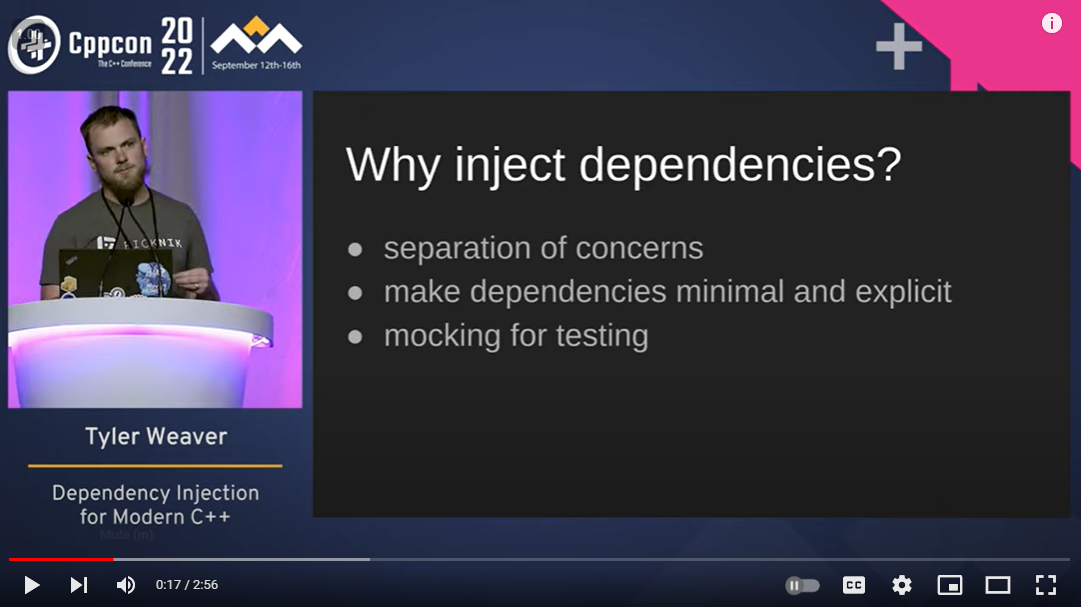 Registration is now open for CppCon 2023! The conference starts on October 1 and will be held
Registration is now open for CppCon 2023! The conference starts on October 1 and will be held 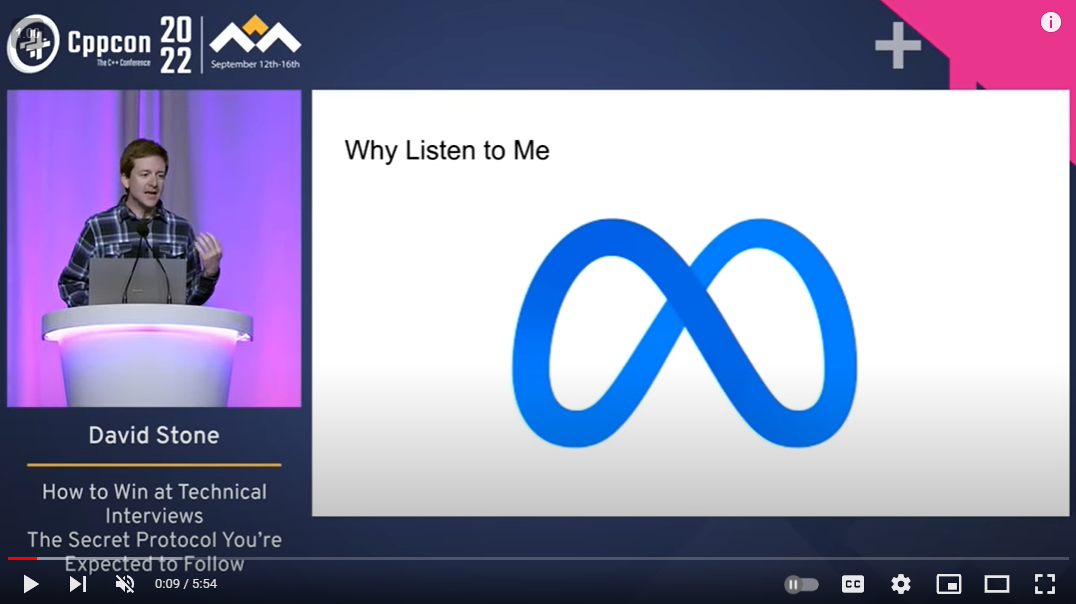 Registration is now open for CppCon 2023! The conference starts on October 1 and will be held
Registration is now open for CppCon 2023! The conference starts on October 1 and will be held